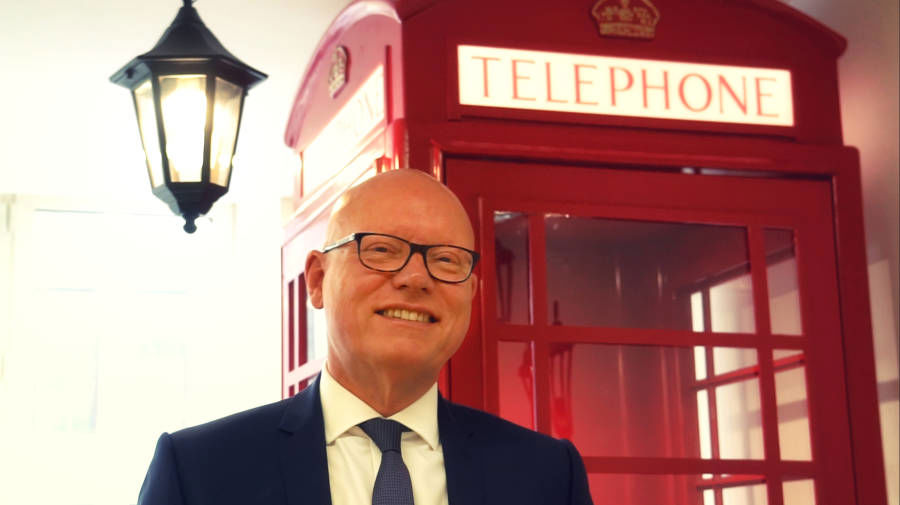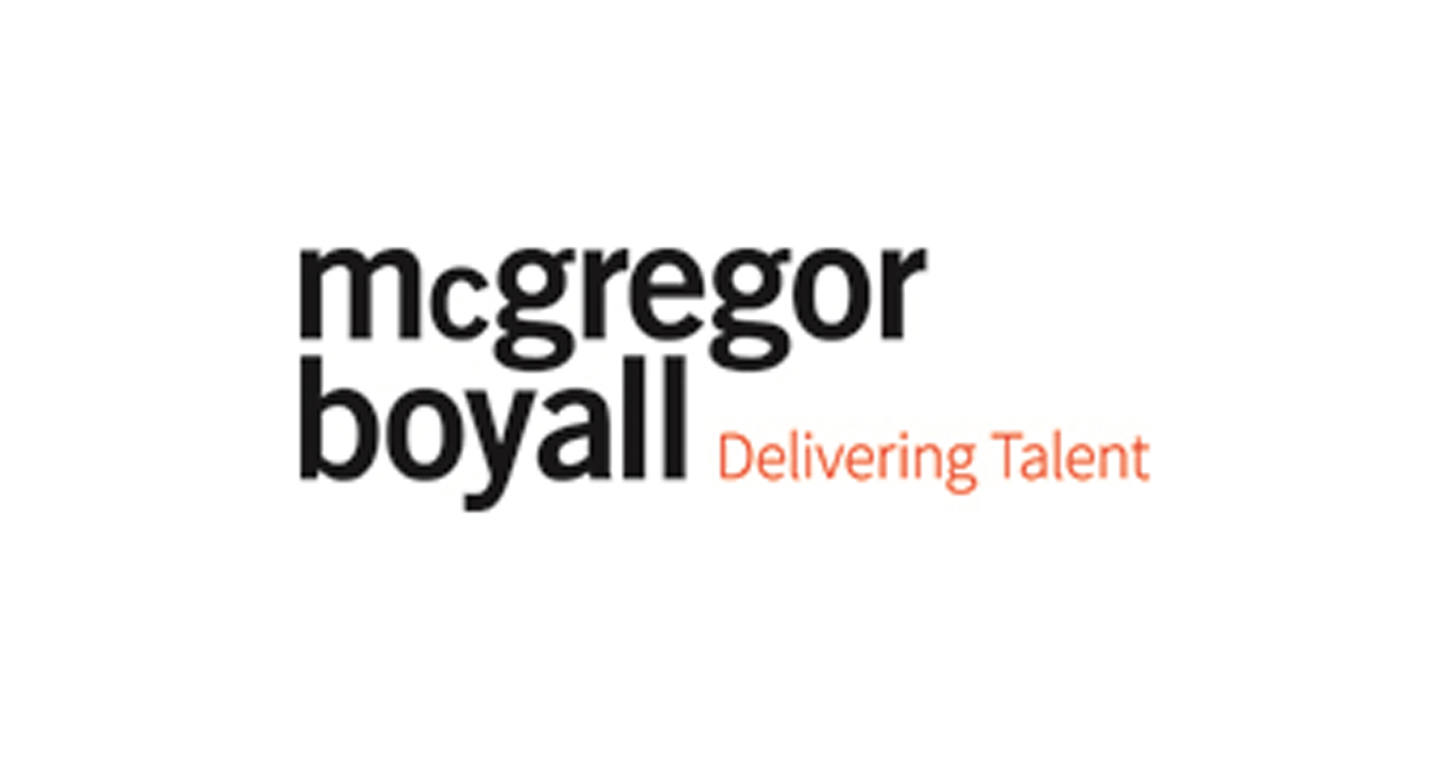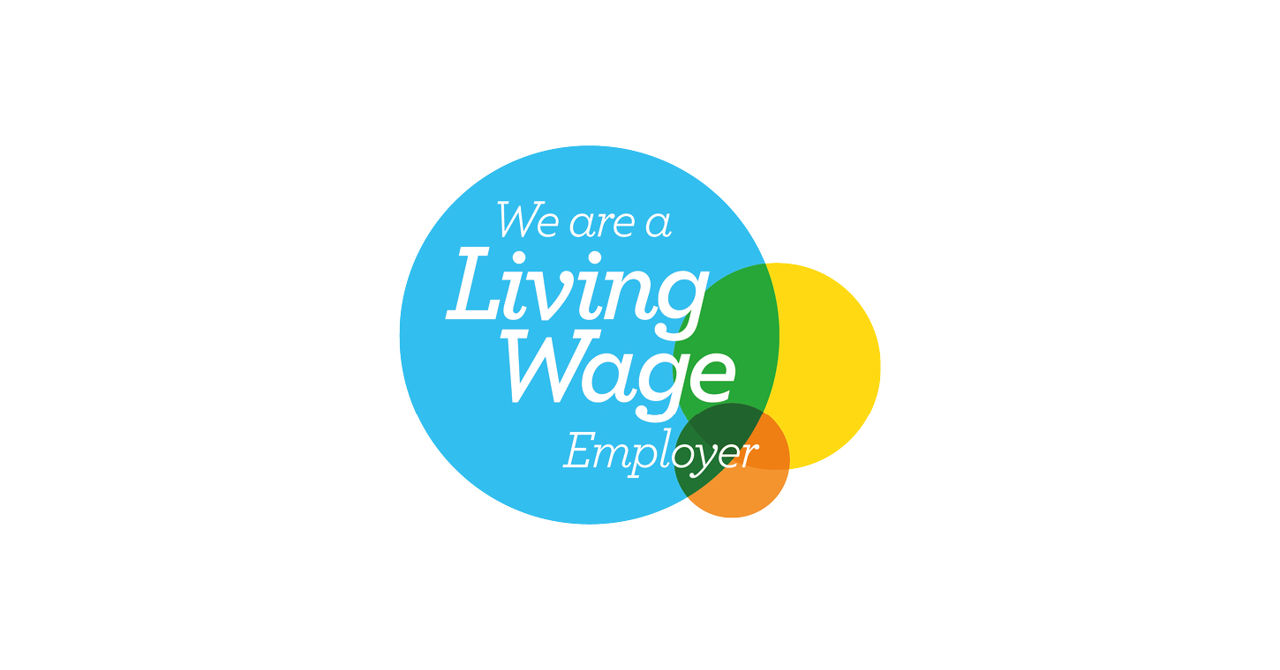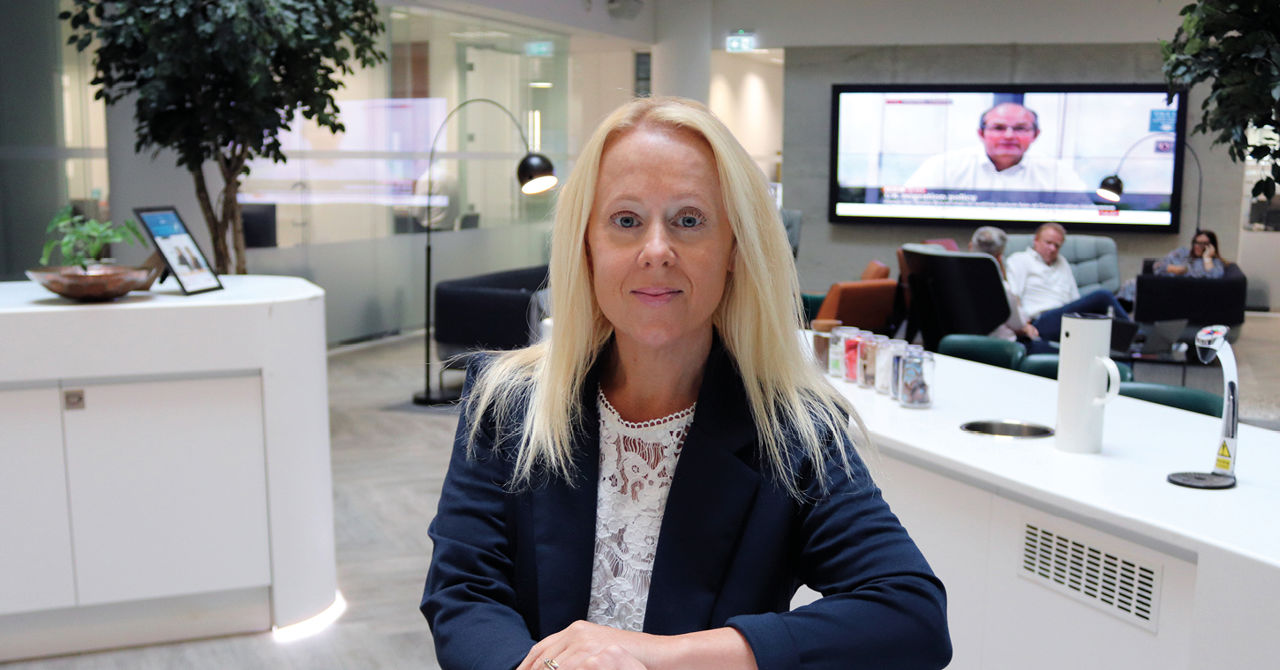About Us
Dedicated to Delivering Talent
McGregor Boyall is a privately owned global recruitment consultancy established in 1987. We are headquartered in the City of London, with additional offices covering the UK & Europe, the Middle East and North America. We provide permanent, contract and project-based recruitment services focusing on the mid-senior candidate market. We deliver within Financial Services, Commerce and Industry, and the Public Sector. Our primary specialisms cover all technology verticals and core business functions.
Our History
McGregor Boyall was founded in 1987 by Laurie Boyall, initially as a Financial Services IT recruitment consultancy. During the early 2000s, the company developed their recruitment offering through diversification into a wide range of business sectors. The company was founded in Windsor before moving swiftly to the City of London. Over the years, the business has opened multiple further offices to provide greater coverage and better service to its client base.

Since day one, our mission has been to do recruitment better. Bridging the gap between our clients, candidates and contractors. We strive to provide the highest quality, safest and most responsible recruitment services available on the market.
Our Values
A company’s culture is not something that is created overnight. It results from consistent values influencing its development over a sustained period. At McGregor Boyall, we believe our core values form the foundation for shaping our company culture and the way we work.

Collaboration
We expect everyone to work together to achieve our common corporate goals, whilst acting with openness and respect at all times.

Accountability
We take responsibility for what we say and do. We do not excuse ourselves nor blame others.

Quality
We are constantly striving to uphold the highest professional standards, through the quality of our people and excellence in everything we do.

Integrity
We believe in doing the right thing, we say what we mean and mean what we say.
Diversity, Equity & Inclusion
At McGregor Boyall we aim is to create an environment that encourages and values diversity within its workforce and placements and builds on the differences individuals bring, enabling the company’s and our client’s continued success. We aim to draw upon the widest possible range of views and experiences to meet the changing needs of our staff, clients, partners, candidates, contractors and temporary workers.

Corporate Social Responsibility
We at McGregor Boyall believe our day-to-day business actions can positively affect society. We do this by having socially responsible business practices and processes and by encouraging socially responsible employees. We partner with two charities, Universify Education and Dress for Success to further support this initiative.

Our Accreditations
McGregor Boyall is strongly committed to providing a structured and consistently high-quality service and, in 2001, was awarded ISO 9001 Quality accreditation. We are audited annually and have successfully passed all audits to date. We achieved Cyber Essentials Plus and ISO 27001 certification in 2018, on the first attempt in response to the growing importance of information security. We have been corporate members of APSCo since 2015 and adhere to their strict code of professional conduct.

ISO 9001
ISO 9001 accreditation is an internationally recognised certification that verifies an organisation's implementation of a quality management system that meets the requirements of the ISO 9001 standard. It demonstrates a company's commitment to customer satisfaction, continuous improvement, and quality assurance.

ISO 27001
ISO 27001 certification indicates that a company's information security management system (ISMS) meets the international standard for security controls. It helps organisations manage and protect their information assets, ensure confidentiality, integrity, and availability of information, and minimise the risk of security breaches.

Cyber Essentials Plus
Cyber Essentials Plus accreditation is a UK government-backed scheme that verifies an organisation's compliance with basic cyber security practices. It involves an independent assessment of the organisation's cyber security controls and systems, helping to protect against common cyber threats and demonstrating a commitment to cyber security best practices.

APSCo
APSCo is a professional membership body for recruitment agencies. It stands for Association of Professional Staffing Companies and aims to promote best practices and ethical standards in the staffing industry. Membership is voluntary and requires adherence to a strict code of conduct.
Our Services
We provide a full suite of services to help our clients find and hire top talent for their organisations. We are a trusted advisor assisting businesses through times of growth and change. Our services can be tailored to your current and future recruitment needs.

Leadership Team

Our Industry Sectors
We have a global network of consultants that combine in-depth industry knowledge with specialised discipline expertise, making us well positioned to source the top talent you need for your business.
Our Specialisms
We pride ourselves on delivering the best possible advice, market intelligence, recruitment solutions and service across the following specialisms.

Business Support
We hire professionals who provide administrative, operational, or managerial support to a company's core business functions. These functions include but are not limited to clerical and secretarial duties, data protection and executive support.

Change & Transformation
We hire professionals who can lead or support organisational changes, transformations, and innovations. Change and transformation recruitment aims to identify and attract candidates with the skills and experience needed to drive change and achieve desired outcomes within an organisation.

Compliance, Governance & Legal
We hire professionals who specialise in ensuring that a company complies with all applicable laws and regulations, as well as industry standards and best practices. This may involve hiring individuals to manage corporate governance, risk management, legal affairs, and compliance programmes.

Cloud, DevOps & Infrastructure
We hire professionals specialising in managing and maintaining a company's cloud computing infrastructure. This involves hiring cloud architects, DevOps engineers and infrastructure specialists with the necessary technical skills to support the organisation's infrastructure.

Data & Analytics
We hire professionals specialising in collecting, analysing, and interpreting data to help organisations make informed business decisions. This involves hiring data scientists, business analysts, and other professionals with the necessary technical skills to support the organisation.

Development & Testing
We hire professionals who specialise in software development and quality assurance testing. This involves hiring software developers, testers, QA engineers, and other professionals with the necessary technical skills and experience to support the organisation's software development division.

Digital Marketing, Communications & Sales
We hire professionals who specialise in promoting a company's products or services through digital channels and developing and implementing communication strategies that enhance the company's brand reputation. This involves hiring digital marketing and communication professionals to support the company’s marketing goals.

Finance, Accounting, Tax & Audit
We hire professionals specialising in managing a company's financial operations and ensuring it complies with all relevant accounting, tax, and audit requirements. This involves hiring accountants, financial analysts, tax professionals, auditors, and other professionals.

Human Resources & Talent Management
We hire professionals specialising in managing an organisation's workforce and ensuring it has the necessary talent to meet its business objectives. This involves hiring HR business partners, talent acquisition specialists, culture and E,D&I leads, and employee relations professionals for organisations from diverse sectors.

Information & Cyber Security
We hire professionals specialising in protecting an organisation's information and technology systems from cyber threats and attacks. This involves hiring information security analysts, cyber security engineers, penetration testers, and other professionals.

Project & Programme Management
We hire professionals specialising in managing complex projects and programmes from initiation to closure. This involves hiring project managers, programme managers, project coordinators, and other professionals with the necessary skills and experience to support the organisation.

Risk Management & Quantitative Analytics
We hire professionals specialising in identifying, analysing, and managing risks associated with a company’s operations, investments, and projects. This involves hiring risk managers, quantitative analysts, risk analysts, and other professionals with the necessary technical skills and experience.

Procurement, Supply Chain & Sustainability
We hire professionals specialising in procurement, supply chain and sustainability who can combine traditional procurement practices with modern sustainability efforts, ensuring organisations stay competitive and innovative. This involves hiring procurement specialists, supply chain analysts, and other professionals with the necessary skills to support the organisation.
Companies Within the Group
Latest Recruitment Insights
Speak to an Expert
If you have any questions about our services or need help with your job search, don't hesitate to get in touch with us. Our consultants are here to help and will respond as quickly as possible.

























